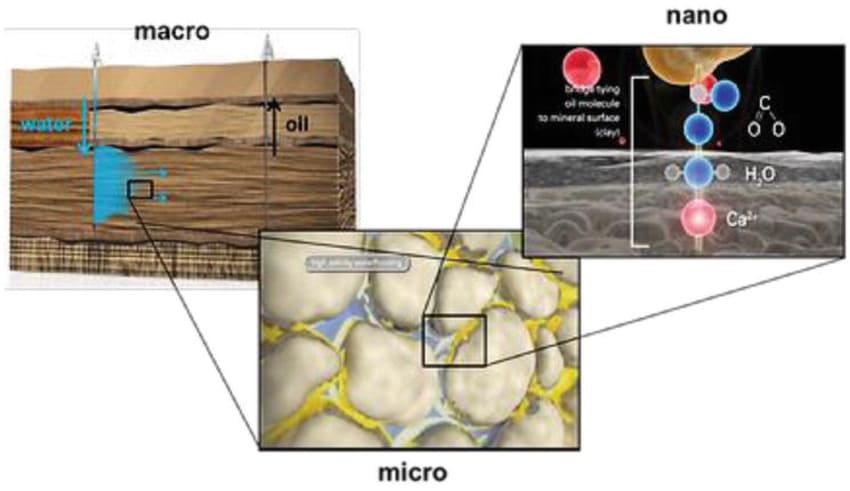
Rural Development Technology
Rural development is the process of improving the quality of
life and economic well-being of people living in rural areas, often relatively
isolated and sparsely populated areas.
Rural development has traditionally centered on the
exploitation of land-intensive natural resources such as agriculture and
forestry. However, changes in global production networks and increased
urbanization have changed the character of rural areas. Increasingly tourism,
niche manufacturers, and recreation have replaced resource extraction and
agriculture as dominant economic drivers. The need for rural communities to
approach development from a wider perspective has created more focus on a broad
range of development goals rather than merely creating incentive for
agricultural or resource based businesses. Education, entrepreneurship,
physical infrastructure, and social infrastructure all play an important role
in developing rural regions. Rural development is also characterized by its
emphasis on locally produced economic development strategies. In contrast to
urban regions, which have many similarities, rural areas are highly distinctive
from one another. For this reason there are a large variety of rural
development approaches used globally.
Rural development programs were historically top-down
approaches from local or regional authorities, regional development agencies,
NGOs, national governments or international development organizations. However,
a critical 'organization gap' identified during the late 1960s, reflecting on the
disjunction between national organizations and rural communities led to a great
focus on community participation in rural development agendasOftentimes this
was achieved through political decentralization policies in developing
countries, particularly popular among African countries, or policies that shift
the power of socio-politico-economic decision-making and the election of
representatives and leadership from centralized governments to local
governments. As a result, local populations can also bring about endogenous
initiatives for development. The term rural development is not limited to
issues of developing countries. In fact many developed countries have very
active rural development programs.
Rural development aims at finding ways to improve rural lives
with participation of rural people themselves, so as to meet the required needs
of rural communities. The outsider may not understand the setting, culture,
language and other things prevalent in the local area. As such, rural people
themselves have to participate in their sustainable rural development. In
developing countries like Nepal, Pakistan, India, Bangladesh, China, integrated
development approaches are being followed up. In this context, many approaches
and ideas have been developed and implemented, for instance, bottom-up
approaches, PRA- Participatory Rural Appraisal, RRA- Rapid Rural Appraisal,
Working With People (WWP), etc. The New Rural Reconstruction Movement in China
has been actively promoting rural development through their ecological farming
projects.
- Rural Development: Concepts and Dimensions
- Rural Industrialization and Entrepreneurship
- Indian Rural Economic Scene
- Rural Development Institutions and Strategies
- Indian Rural Social Scene
- Working with people: Techniques and Processes
- Economics for Rural Development
- Social Research and Computer Applications for Rural Development
- Natural Resources Management: Land
- Micro Finance
- Self Help and Women Empowerment
- Natural Resources Management: Water
- Rural Project Planning and Management
- Natural Resources Management: Vegetation
- Rural Credit and Marketing
- Human Resource Development in Rural Sector
- Voluntary Action for Rural Development
- Rural Development Program
- Rural Development - Planning and Management
- Research Methods in Rural Development
- Rural Health Care
- Communication and Extension in Rural Development
- Rural Social Development
- Voluntary Action in Rural Development
- Land Reforms and Rural Development
- Entrepreneurship and Rural Development
Recent Published
Submit Manuscript
To give your manuscript the best chance of publication, follow these policies and formatting guidelines.


